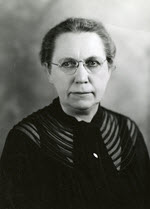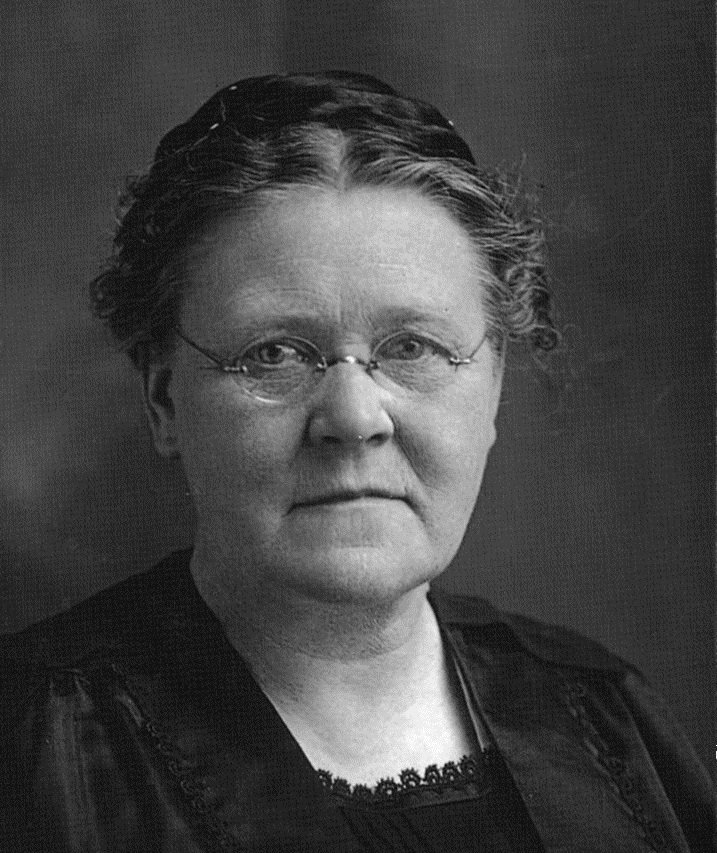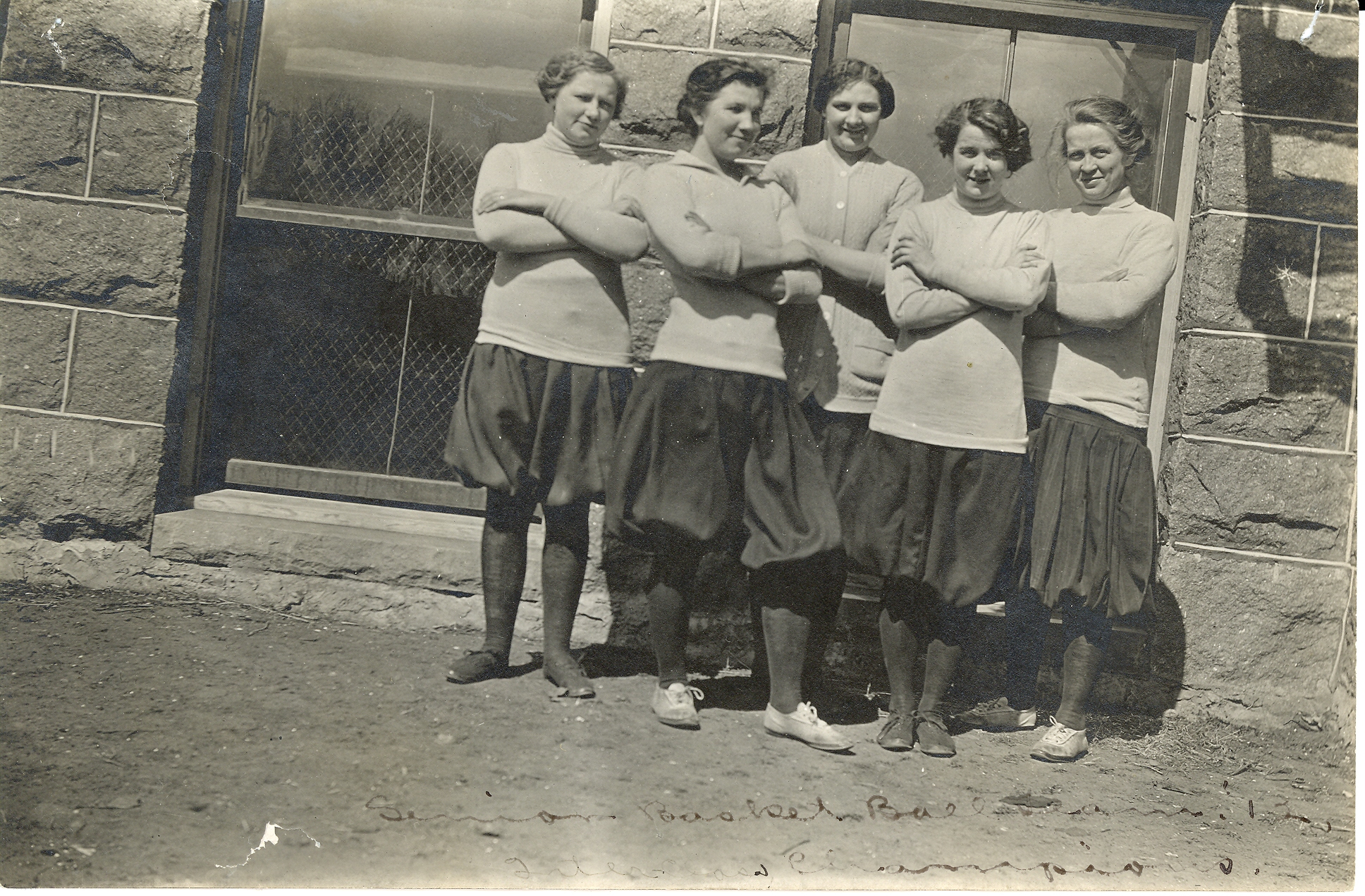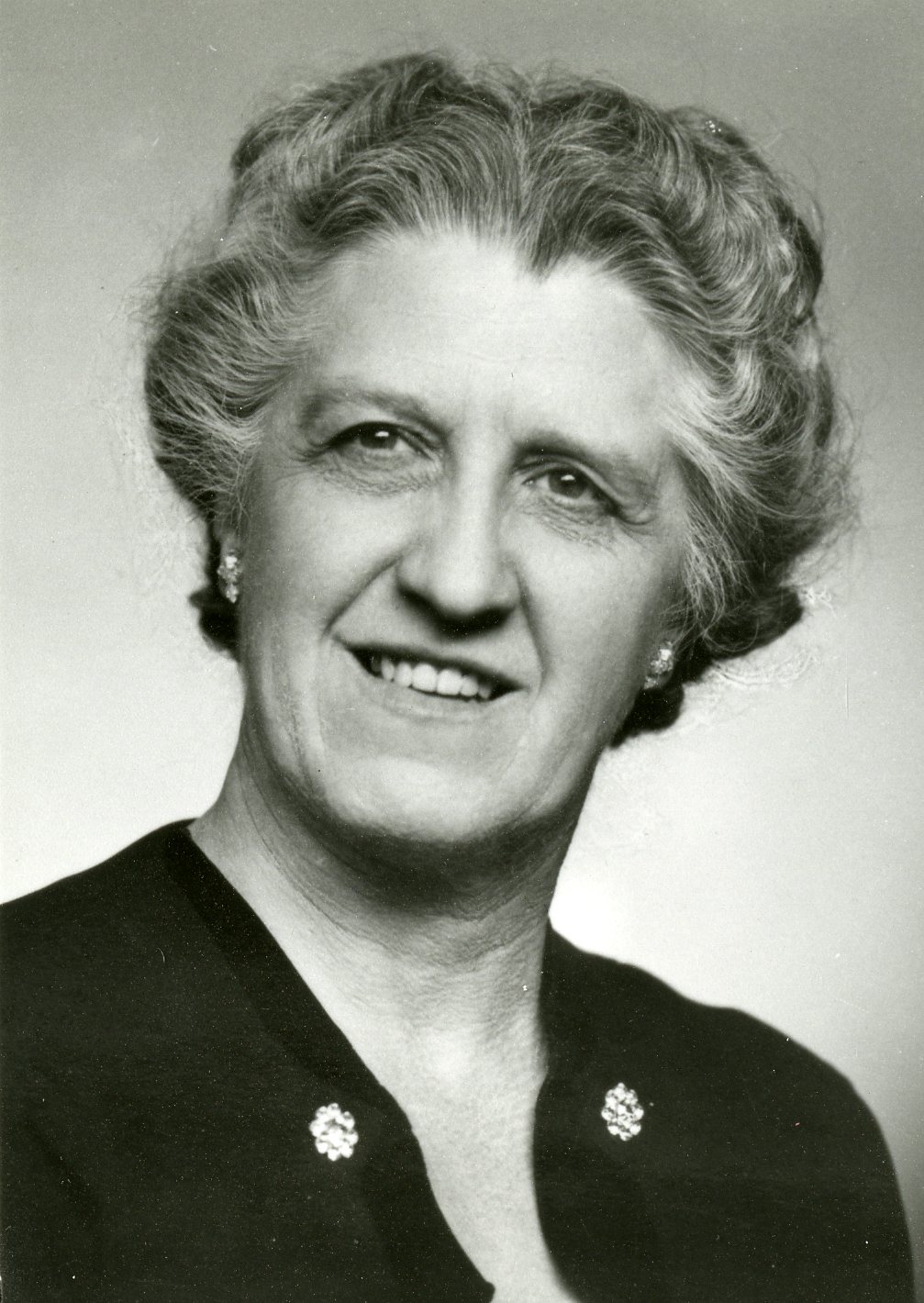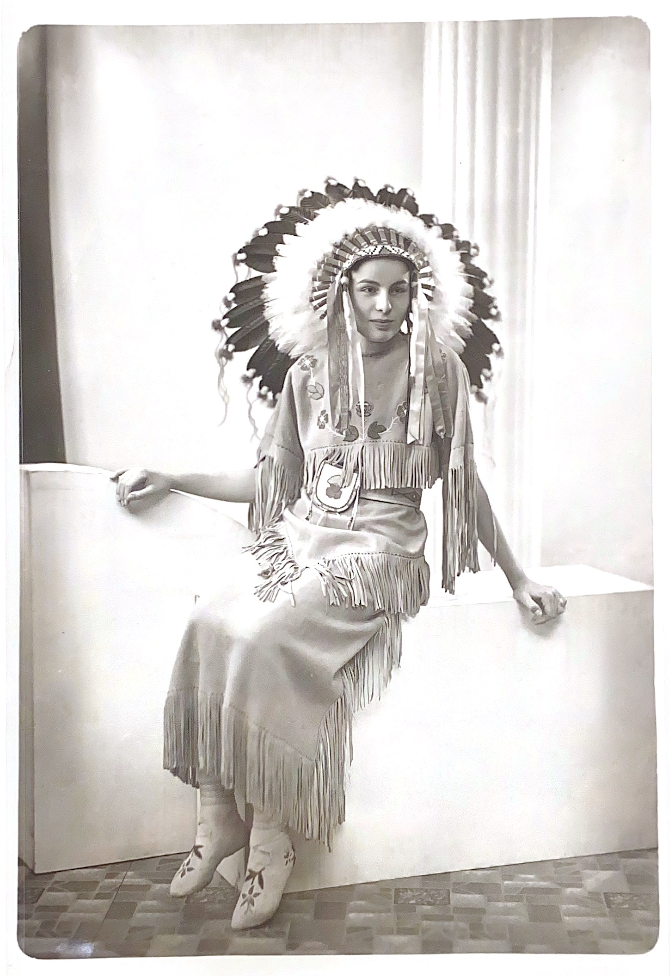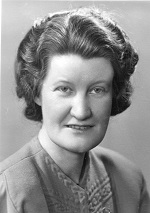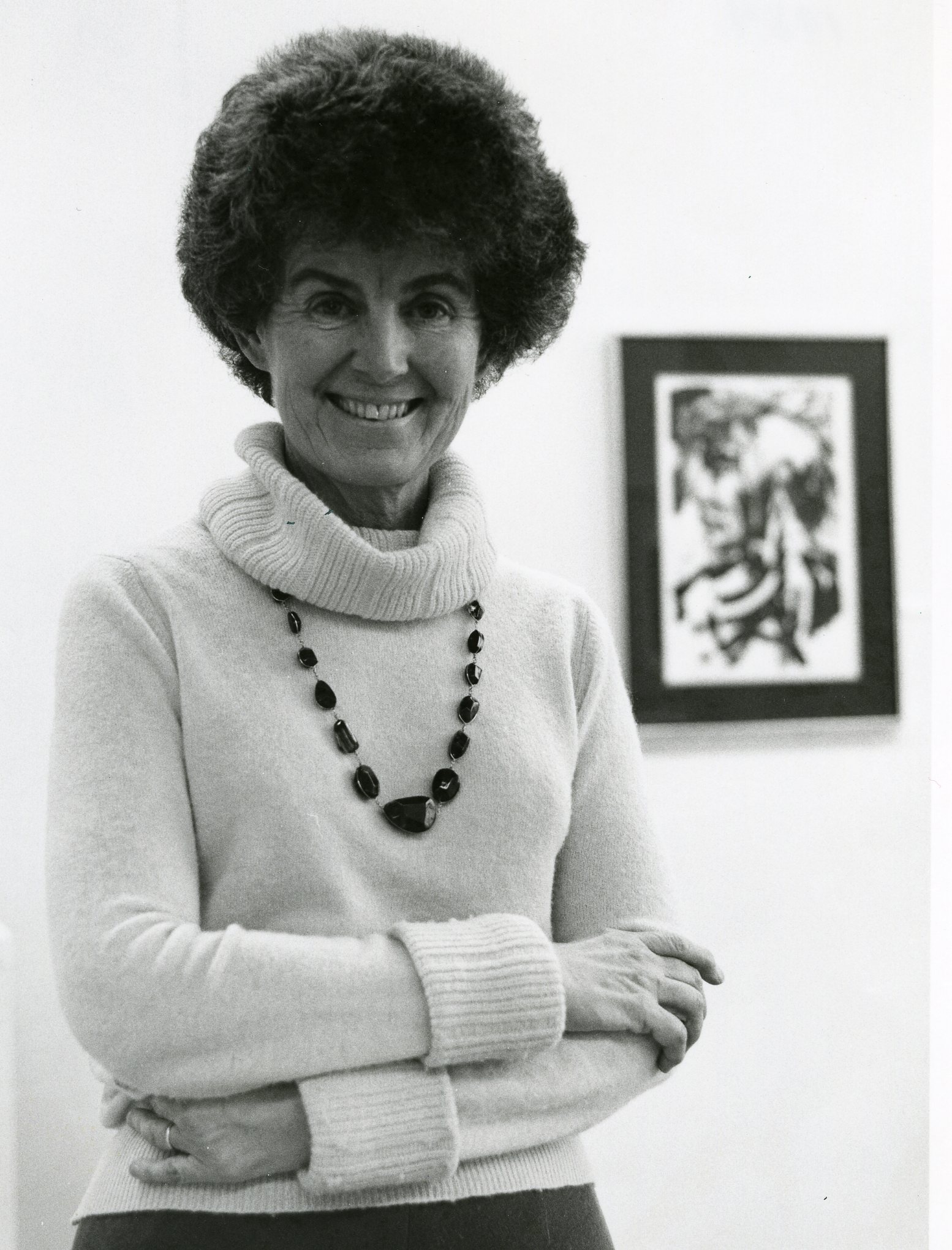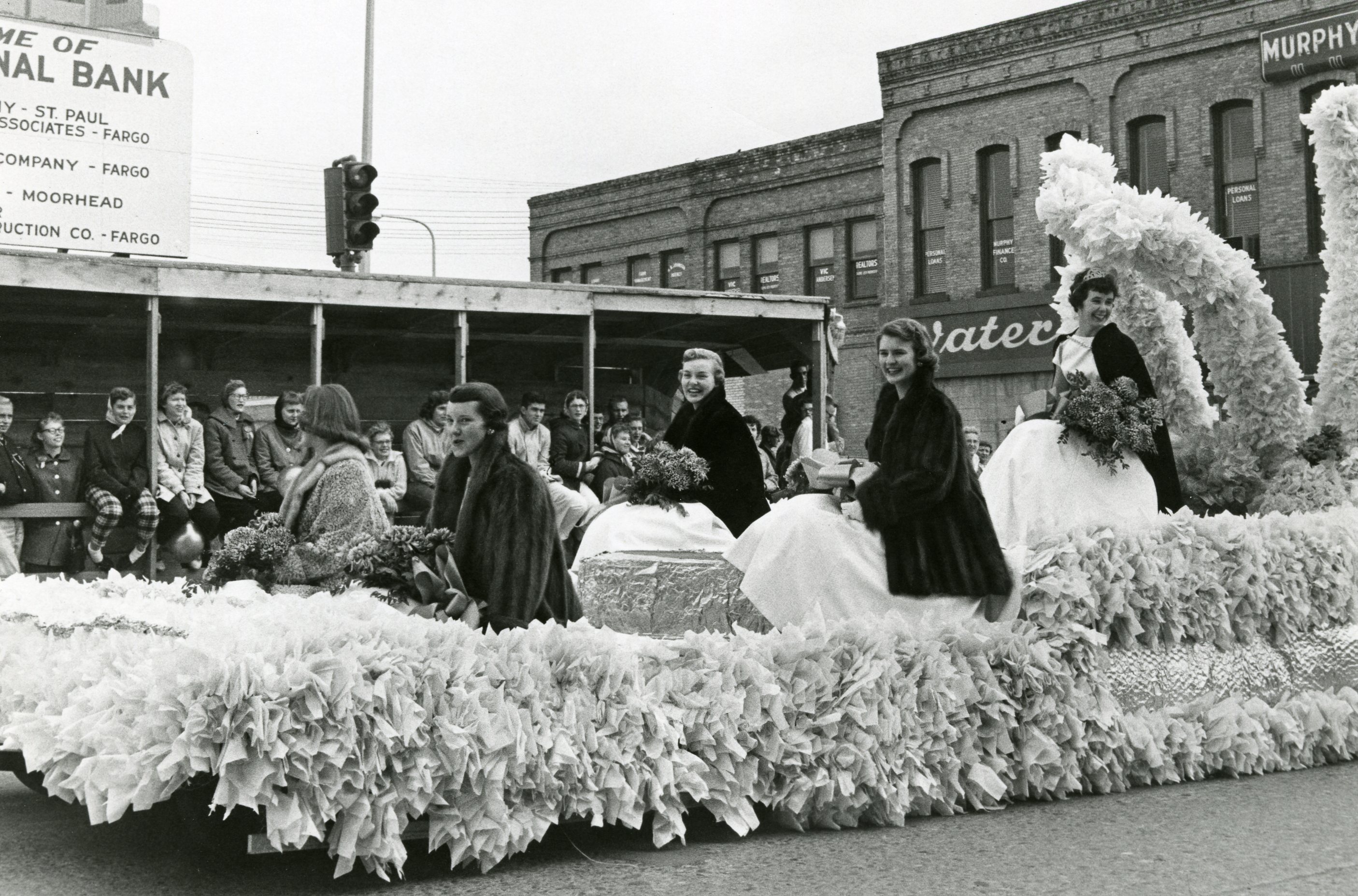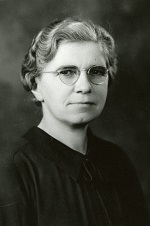 Martha Brennun was a Norse and math instructor at Concordia, who later worked as registrar. Brennun was the salutatorian of the first collegiate class at Concordia. She also helped establish the first literary society at the college.
Martha Brennun was a Norse and math instructor at Concordia, who later worked as registrar. Brennun was the salutatorian of the first collegiate class at Concordia. She also helped establish the first literary society at the college.
Browse Entries
|
|
|
|
|
|
|
|
|
|
|
|
|
In 1888, Joachim Murie and Marie Frimanslund moved from Yavick, Norway to Moorhead, Minnesota and married almost immediately. Together with Marie’s brother, Henrick, they purchased a homestead. Their first child, Olaus, was born on March 1, 1889. Marie gave birth to five more children, including Martin (1891) and Adolph (1899). In 1895, Joachim died at the age of thirty-seven likely due to tuberculosis. In April of 1899, Marie married Ed Winstrom, a Swedish bartender in Moorhead. Unfortunately, Ed died from tuberculosis two months into their marriage, but Adolph was already conceived. In 1909, the family also adopted a girl named Clara. To help with family finances, they cut grass for their neighbors, worked for local gardeners, and hunted and fished alongside the Red River. Olaus and Adolph both attribute this time of camping, hunting, fishing, and canoe-making to stimulating their fascination with the natural world. |
|
|
|
|
|
|
